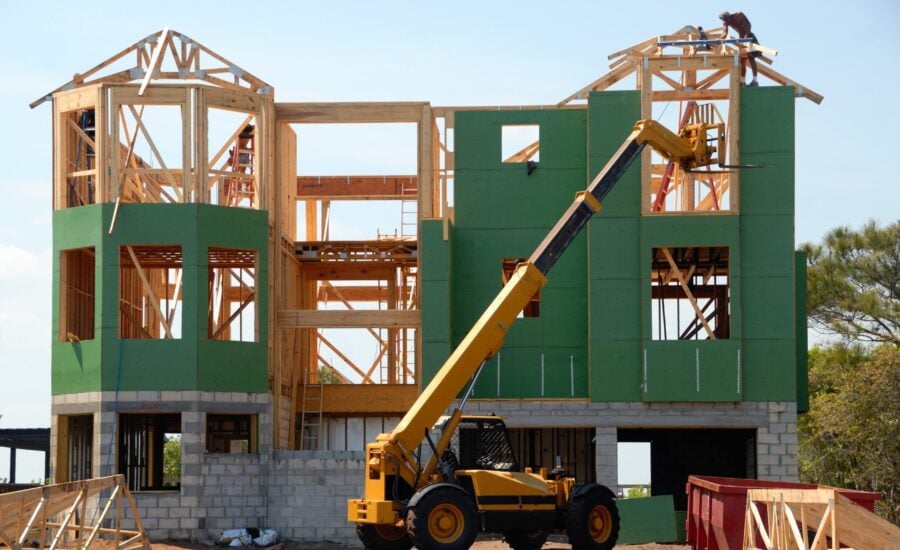Capital gains on subdivided land, and HST on vacant land
For property that you can subdivide, you can sell some of the land and build a house on the rest. But would you owe any tax?
Advertisement
For property that you can subdivide, you can sell some of the land and build a house on the rest. But would you owe any tax?

Share this article Share on Facebook Share on Twitter Share on Linkedin Share on Reddit Share on Email
I have a 10 acre property that I have owned, lived on for 20 years and used over the course of time for raising horses and hayland. We were recently taken into the city with a boundary expansion and I no longer have horses as I am a retired senior citizen now. I wish to sell my property and want to confirm if the total 10 acres which I used for my own personal enjoyment with the horses, would be subject to Capital Gains in any way
Due to the large volume of comments we receive, we regret that we are unable to respond directly to each one. We invite you to email your question to [email protected], where it will be considered for a future response by one of our expert columnists. For personal advice, we suggest consulting with your financial institution or a qualified advisor.
I have a question… if you have a house and land and you sell part of that land but remain in the house. Do you need to claim that on your taxes in Canada?
Hi i have a have a oshawa which is a house on a big lot and and my primary reaidence . i would like to subdivide into 2 lots and sell both lots including the new lot and my old house . It is subject to capital gain tax thank you
Thank you for the question. We invite you to email it to [email protected], where it will be considered for future MoneySense articles.
Sorry about the typo my question is that is it subject to capital gain tax if i subdivide my existing primary redience and sell both of them including my old house and the new lot thank
We purchased land in 1995 and in 2021 subdivided it into 11 lots. Are we subject to income tax and gst on the sale of lots?
We purchased property adjacent to our existing house and property. Subdividing that into three pieces, two 1/4 lots so sell and the remainder joining on to my existing. How is the tax calculated? Is it by how much the value has increased in the 4 years of development?
I purchased a lot in 2004 with the intention of developing it to make it my permanent residence. My son became a permanently disabled adult and I registered the property as an “in-trust” property, intending this property to become his permanent residence as well. All of our plans have failed to materialize and we must now sell the property, being incapable of the development costs (both in low-income brackets). I paid $125,000.00 for the lot and maintained it and paid municipal taxes etc., for years, this property is now worth $800,000.00. Are there exemptions, first for trust properties and two for disabled persons? My son has four children, all minors who are also gift-over beneficiaries. As beneficiaries can they also be included in for Capital Gains
Hello I have a property that is about 11.5 acres. I have built a home and lived there with my family for 2 years and it is my principle reseidence. I have about 1 acre of grass that my house is on. The rear 10.5 acres is all forest land and we have a trail throuhg it for riding atv’s and walking hte dog. A business wants to buy my back 10 acres and join into to another neighbouring parcel that is also for sale.
My question is, since this back 10 acres is part of my principle residence, if I sell this land would there be capital gains I would have to report. The offer is for $300,000 today from a development company.
Thanks
I sold out my house as principal residence in Surrey in 2017, in Tax year 2017 I did not pay tax for Capital Gain.
In 2019 due to covid I lost my job in Vancouver, we moved to New Brunswick, and bought a house as my Principal residence. in 2020 I moved to Whitehorse for working, then I rented out the house until 2024.
Then I sold out the house in 2024 more than I purchased it.
Do I have to pay Capital Gain in this case? Thanks
Note: I bought a house as a Principal Residence in Fort St John in 2023.